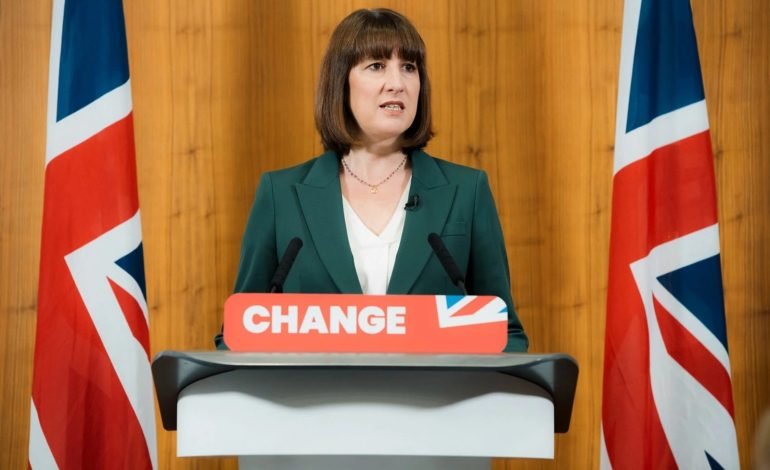
In an upcoming Budget announcement, Chancellor Rachel Reeves is expected to introduce a significant increase in National Insurance rates for employers, a move aimed at raising crucial funding for public services, particularly the NHS. The national insurance hike aligns with Labour’s commitment to revitalise the NHS without directly increasing tax burdens on employees, a nuanced choice that has sparked discussions on its impact on business and growth.
What the National Insurance Hike Means for Employers
Currently, employers contribute 13.8% of their employees’ earnings above £175 per week toward National Insurance. If implemented, the proposed changes could raise this rate to as high as 15.8%, generating an estimated £18-20 billion annually. This change is also expected to lower the threshold at which employers start paying National Insurance, thus expanding the tax’s impact on businesses across sectors.
A source close to the Treasury described the rationale behind the hike: “There is a universal consensus that the NHS needs more funding. This means asking businesses to help out.” While employers have raised concerns about this added financial burden, Reeves has been clear that the Labour government views it as a necessary step to “invest in essential public services rather than allowing decline.”
Related Articles
Business Owners Express Concern Over Upcoming Budget
Funding the NHS Without Burdening Workers?
Labour’s pledge not to increase National Insurance for employees remains a key part of their public promise, but they’ve clarified that this applies to the portion paid by individual workers, not businesses. The distinction allows Reeves to balance Labour’s election commitments with the urgent need for NHS funding, as articulated recently by Prime Minister Keir Starmer. At the Commonwealth Heads of Government Meeting in Samoa, Starmer highlighted that “tough decisions” were essential to “put the NHS back on its feet.”
However, the business community has responded with caution, noting that increased employer costs might hinder hiring efforts and ultimately affect growth. Employers argue that while the measure targets businesses directly, it could indirectly impact workers if companies respond by freezing wages or cutting back on new positions.
Balancing Act: Growth vs. Tax
In addition to the National Insurance increase, the government is reportedly considering other tax adjustments to address the £22 billion public finance gap. Options on the table include extending the freeze on income tax thresholds and adjusting taxes on assets and inheritance. Each of these measures adds another layer to the conversation on economic growth versus fiscal responsibility.
Reeves, speaking at a recent International Monetary Fund meeting, acknowledged these challenges, stating, “It’s important we get a grip on day-to-day spending by ensuring it’s funded through tax receipts.” She reinforced that Labour’s approach would not involve a return to austerity, but would prioritise “sustainable public services over unchecked spending.”
Economists warn, however, that raising taxes on businesses at a time when economic recovery is still fragile could lead to unintended consequences. “Increasing National Insurance contributions from employers could make hiring more expensive, creating potential setbacks in employment and overall economic growth,” noted an analyst at the Institute for Fiscal Studies. This sentiment is echoed by the business community, which has labelled the tax a potential “levy on jobs.”
What Comes Next?
While the National Insurance hike offers a quick revenue boost thanks to digital payroll systems, it raises questions about the timing and broader impact on the UK economy. Labour insists that the move will help support public services while keeping working individuals shielded from direct tax hikes. Nevertheless, critics argue that the distinction between business and worker taxation may not hold if companies are forced to pass these costs down to employees or curtail hiring.
With the Budget around the corner, all eyes will be on Reeves’ announcements and the potential ripple effects for businesses and the NHS. How Labour navigates this balancing act between funding essential services and supporting economic growth will likely shape the government’s legacy in its first term.
For more updates on UK public funding and insights into economic policies, visit EyeOnLondon. Stay tuned for the latest coverage and analysis on this evolving story.









